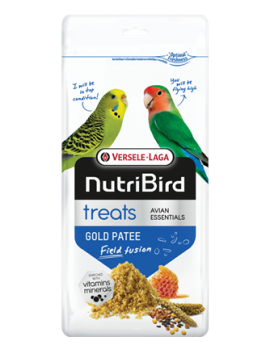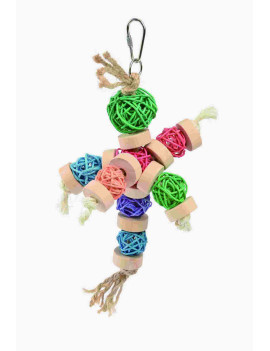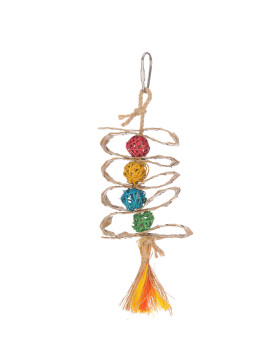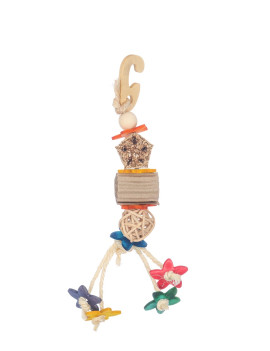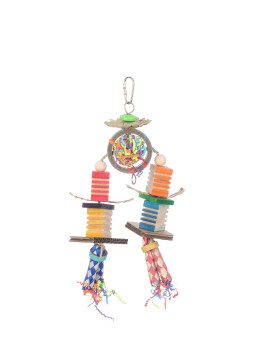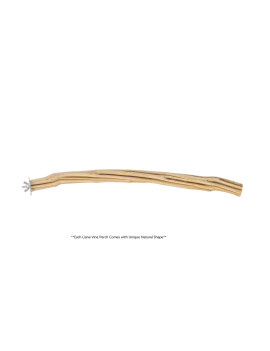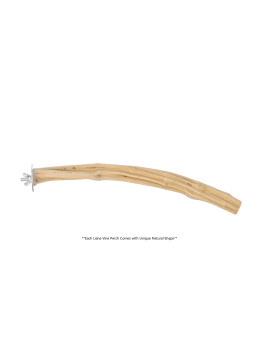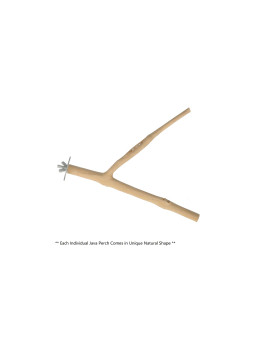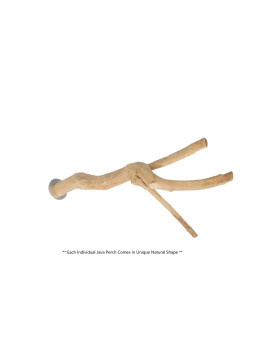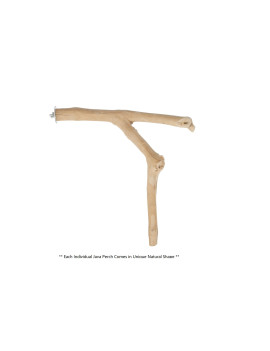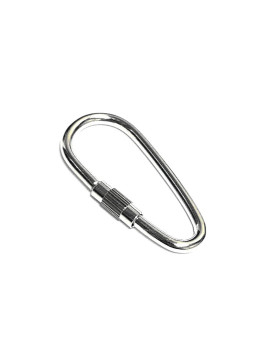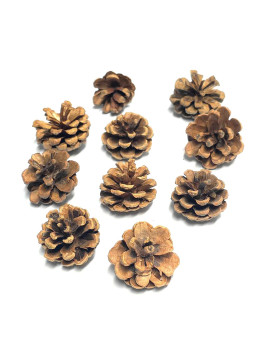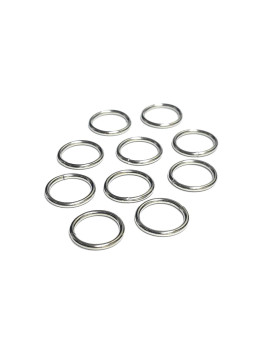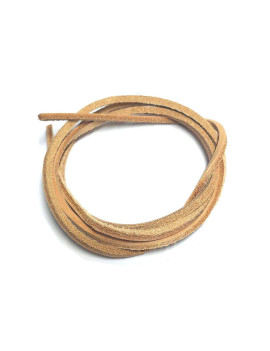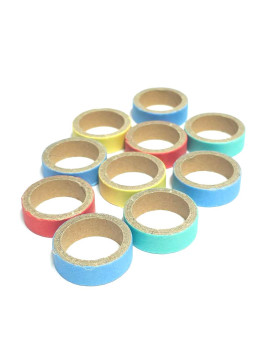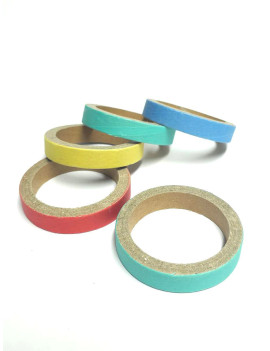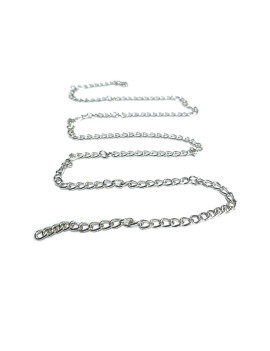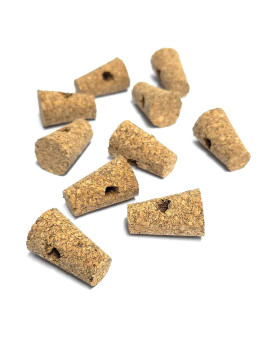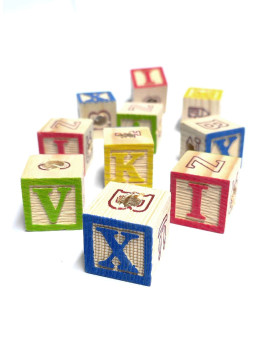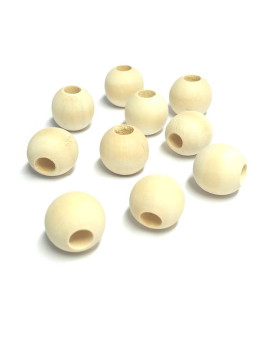Parrot Molting Care: How to Support Your Bird During Feather Shedding Season
As summer comes to an end, many parrots begin their natural molting cycle—the process of shedding old feathers and growing new ones. While molting is completely normal, it can be a stressful time for your feathered friend. Providing the right care, nutrition, and comfort will make the transition easier and keep your parrot healthy.
What Is Molting in Parrots?
Molting is the seasonal process where parrots shed old feathers and replace them with fresh ones. This usually happens once or twice a year, often during late summer or early fall. The new feathers, called pin feathers, may look spiky and can be sensitive to touch as they grow in.
Signs Your Parrot Is Molting
* Loose or fallen feathers around the cage
* Small spikes (pin feathers) on the head, neck, and body
* Increased preening or scratching
* Temporary mood changes or irritability
* Reduced activity and appetite in some cases
Parrot Molting Care Tips
1. Provide a Nutrient-Rich Diet
Feather growth requires extra protein, vitamins, and minerals. Offer foods rich in:
* Protein: Boiled eggs, cooked legumes, sprouted seeds
* Omega-3s: Flaxseed, chia seeds, walnuts (unsalted)
* Fresh fruits & vegetables: Carrots, leafy greens, broccoli, bell peppers
Adding a high-quality parrot food mix ensures your bird gets balanced nutrition.
2. Offer Bathing Opportunities
Bathing helps soften the keratin sheath around pin feathers, making them easier to open. You can:
* Mist your parrot with a spray bottle
* Provide a shallow dish for bathing
* Let them enjoy a gentle shower
3. Be Gentle With Handling
New feathers are sensitive, so your parrot might prefer less cuddling. Respect their space, but continue offering interaction and enrichment through toys and training.
4. Enrichment and Distraction
Molting can make parrots restless. Offer safe chew toys and foraging activities to keep them engaged and prevent feather plucking.
5. Create a Calm Environment
Molting takes energy. Ensure your parrot gets 10–12 hours of sleep each night in a quiet, covered, and stress-free environment.
When to Be Concerned
Molting is natural, but watch for signs of illness:
* Bald patches (not just scattered feather loss)
* Bleeding or broken pin feathers
* Continuous feather loss outside the molting season
If these occur, consult an avian veterinarian.
Final Thoughts
Molting is a natural and healthy process for parrots, but it can be a sensitive time. By offering a nutrient-rich diet, gentle care, and plenty of enrichment, you’ll help your feathered companion stay comfortable and grow beautiful new plumage as the seasons change.


